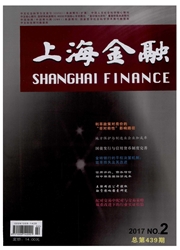

 中文摘要:
中文摘要:
金融危机中欧美政府的积极救市孕育了宏观调控领域的一场新的革命。本文从对政府的宏观调控政策的反思着手,探讨以货币政策为代表的宏观经济政策在导致经济失衡和泡沫中扮演的角色,从美式自由资本主义的弊端、政府救助的道德风险、低利率政策的时间不一致性、非对称调控方式的不稳定性以及单一货币政策框架的脆弱性等五个方面逐一解析,并提出了为化解和应对危机未来宏观调控政策框架调整的方向。
 英文摘要:
英文摘要:
The financial rescue of governments in U.S.A and Europe during this crisis has also gestated a new revolution in the field of macro-control. This paper begins with the introspection on the macro-control policies of the government, and explores the role of macroeconomic policy played in the process of financial imbalance and asset bubbles. This paper also gives an explanation from five points of views, i.e. the drawback of American laissez-faire capitalism, the moral hazard of the government rescue, the time inconsistancy of the low interest rate policy, the instability of the asymmetric policies as well as the frail of single monetary policy framework, and finanlly presetns the adjust direction of the future macro-control policy framework in order to deal with the crisis.
 同期刊论文项目
同期刊论文项目
 同项目期刊论文
同项目期刊论文
 期刊信息
期刊信息
